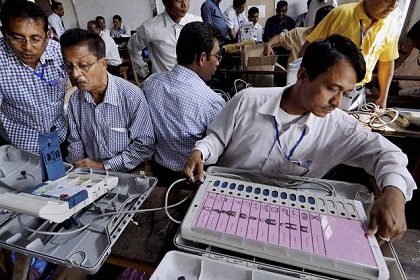Case for a Universal Declaration of Digital Rights
It is time to formulate a Universal Declaration of Digital Rights that upholds the spirit of the Universal Declaration of Human Rights of 1948. Life, liberty and security in the digital realm need the same protection today. Human beings’ rights to digital self-determination, including control of personal data, are also sacrosanct










